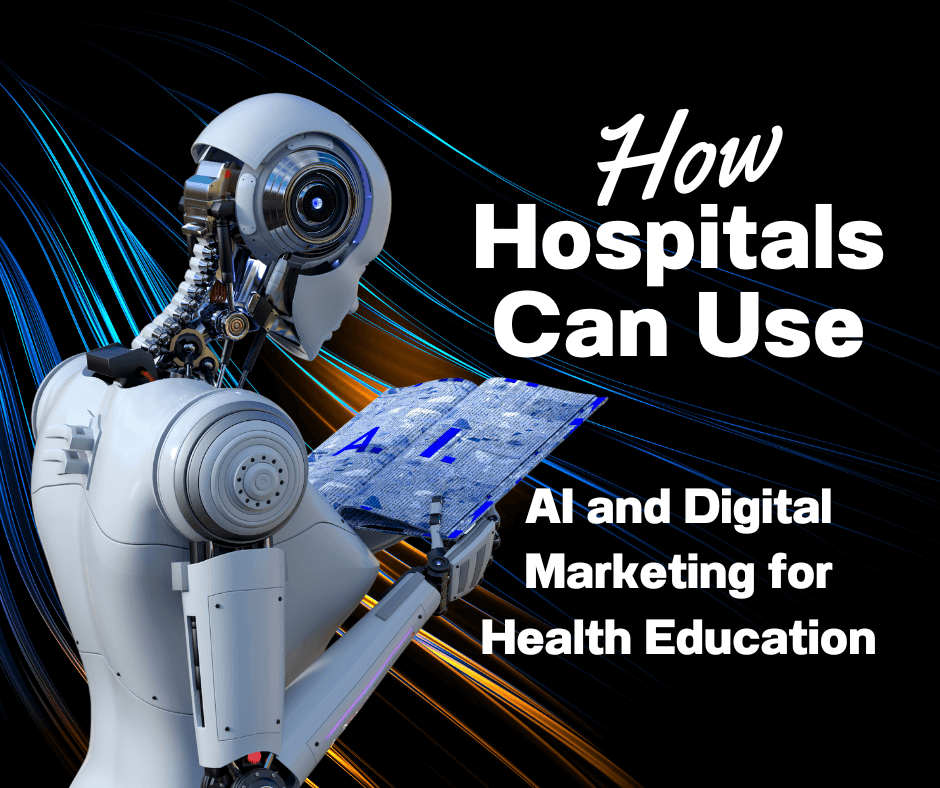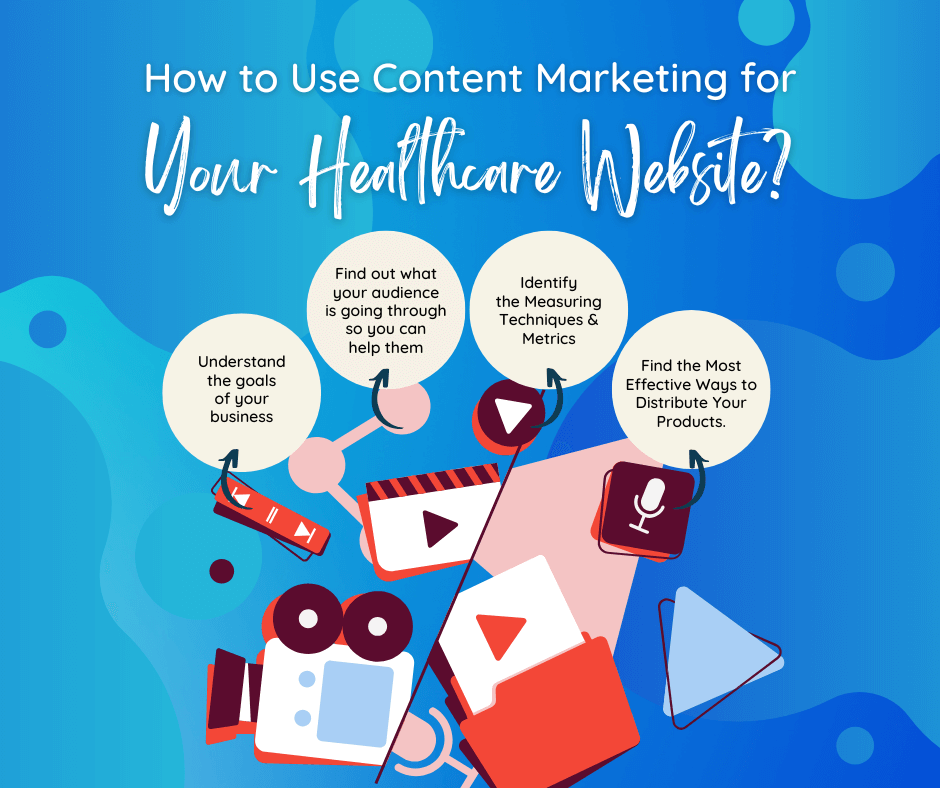
Table of Contents
ToggleDigital marketing has undergone a remarkable evolution over the years, shaping how businesses connect with their target audience and drive growth. From its humble beginnings in the 1990s to the present-day sophisticated strategies, digital marketing has become an integral part of business operations. Looking forward, the landscape is poised to witness even more transformative changes. In this article, we explore the past, present, and future of digital marketing, highlighting emerging trends and addressing key questions about what lies ahead.
The Past: Origins and Evolution
The journey of digital marketing can be traced back to the early days of the internet when businesses began exploring ways to utilise this new medium for advertising and promotions. The advent of search engines, email marketing, and banner ads in the 1990s laid the foundation for what would become a digital marketing revolution. As technology advanced, so did the strategies, encompassing social media marketing, content marketing, influencer collaborations, and more.
The Birth of Digital Marketing
In the 1990s, businesses embarked on the journey of digital marketing, making the first steps towards utilising the internet for promotional activities.
The Role of Search Engines
The emergence of search engines like Yahoo and AltaVista allowed businesses to be discovered by a global online audience.
The Era of Email Marketing
Businesses began to harness the power of email to reach potential customers directly, paving the way for personalised marketing.
The Present: A Multifaceted Landscape
Today, digital marketing is a versatile landscape incorporating various channels and strategies. Social media platforms like Facebook, Instagram, Twitter, and LinkedIn are powerful tools for reaching a vast audience. Search engine optimisation (SEO) remains pivotal for driving organic traffic, while pay-per-click (PPC) advertising offers immediate visibility. Email marketing, content marketing, video marketing, and influencer partnerships are key components of contemporary digital marketing strategies.
The Social Media Revolution
Social media platforms have become the epicenter of digital marketing, allowing businesses to engage with their audience on a personal level.
The Power of SEO
Search Engine Optimisation (SEO) plays a critical role in ensuring that businesses appear prominently in search engine results, driving organic traffic.
The Visual Content Wave
Visual content, including video marketing and imagery, has captured the attention of audiences, creating a dynamic way to convey messages.
The Future: Emerging Trends to Watch
Looking ahead, several trends are set to reshape the digital marketing landscape:
Artificial Intelligence (AI) and Machine Learning
AI will enhance personalisation and automation, improving user experiences and optimising marketing strategies.
Voice Search Optimisation
With the proliferation of voice-activated devices, optimising content for voice search will be crucial for businesses.
Augmented Reality (AR) and Virtual Reality (VR)
AR and VR technologies will enable immersive brand experiences and interactive advertising.
Chatbots and Conversational Marketing
AI-powered chatbots will enhance customer engagement, provide instant support, and streamline the buying process.
Micro-Moments
Brands will focus on delivering quick, relevant content to capture consumers’ attention in micro-moments when they seek information.
Blockchain Technology
It will enhance transparency, security, and trust in digital advertising and transactions.
Video Marketing Dominance
Video content will continue to surge, driving engagement and conversions across platforms.
Personalised Marketing
Hyper-personalisation based on data analytics will enable tailored content and offers for individual consumers.
Content Experience
Creating an engaging and memorable content experience will become a priority for marketers.
Sustainability and Ethical Marketing
Consumers will demand transparency and ethical practices, encouraging sustainable marketing initiatives.
10 Questions and Answers About the Future of Digital Marketing
-
How will AI impact digital marketing strategies?
- AI will revolutionise digital marketing by automating tasks, personalising experiences, analysing data for insights, and improving decision-making processes.
-
How can businesses prepare for voice search optimisation?
- Businesses should optimise their content with natural language, long-tail keywords, and local phrases to align with the way people speak and phrase queries.
-
What role will AR and VR play in digital marketing?
- AR and VR will create immersive brand experiences, allowing consumers to virtually engage with products and services before making purchase decisions.
-
How can blockchain enhance digital marketing transparency?
- Blockchain can provide a secure and transparent ledger for tracking and verifying transactions, ensuring ad authenticity and reducing ad fraud.
-
What are the key benefits of personalised marketing?
- Personalised marketing increases customer engagement, boosts brand loyalty, improves conversion rates, and enhances overall customer satisfaction.
-
Why is video marketing gaining prominence in digital marketing?
- Video content is engaging, easily shareable, and appeals to a broad audience, making it a powerful tool for brand storytelling and conveying messages effectively.
-
How will sustainability impact digital marketing strategies?
- Sustainability will influence consumer preferences, urging brands to adopt eco-friendly practices and communicate their commitment to social and environmental responsibility.
-
How will chatbots improve customer engagement in digital marketing?
- Chatbots provide instant responses, offer personalised recommendations, and guide customers through their buying journey, enhancing the overall user experience.
-
How can businesses optimise content for micro-moments?
- Businesses should create concise, relevant content that quickly addresses users’ specific needs and questions, providing immediate value.
-
What are the potential drawbacks of excessive personalisation in marketing?
- Excessive personalisation can risk invasion of privacy and create a ‘creepy’ feeling among consumers, necessitating a delicate balance between personalisation and privacy.
Top 20 Benefits of Future Digital Marketing Strategies
- Increased Reach: Utilising diverse digital channels allows businesses to reach a broader audience.
- Cost-Effectiveness: Digital marketing offers cost-effective solutions compared to traditional advertising.
- Data-Driven Decision-Making: Access to extensive data enables precise targeting and informed marketing decisions.
- Real-Time Analytics: Marketers can analyse campaign performance in real-time, allowing for immediate adjustments.
- Global Presence: Digital marketing enables businesses to reach a global audience without significant infrastructure investments.
- Enhanced Engagement: Interactive content and personalisation drive higher engagement rates with the target audience.
- Improved Conversion Rates: Targeted marketing efforts result in higher conversion rates and, ultimately, increased sales.
- Better Customer Retention: Personalised communication and engagement strategies help retain existing customers.
- Brand Awareness: Digital marketing strategies boost brand visibility and recognition in the digital space.
- Measurable Results: Marketers can easily measure the success of campaigns and calculate return on investment (ROI).
- Scalability: Digital marketing strategies can be scaled to accommodate business growth and changing needs.
- Multi-Channel Integration: Integrating various digital channels ensures a cohesive and effective marketing approach.
- Faster Campaign Deployment: Digital campaigns can be launched swiftly, reducing time-to-market for products and services.
- Targeted Advertising: Precise targeting ensures that marketing efforts are directed at the most relevant audience.
- Flexibility and Agility: Digital marketing allows for quick adjustments and modifications to campaigns based on real-time insights.
- Enhanced Customer Feedback: Digital platforms enable immediate customer feedback, aiding in product/service improvements.
- Improved Customer Service: Quick and efficient customer service through digital channels enhances the brand’s reputation.
- Competitive Edge: Staying updated with digital marketing trends gives businesses a competitive advantage in the market.
- Eco-Friendly Practices: Digital marketing aligns with eco-friendly initiatives by reducing paper waste and energy consumption associated with traditional advertising
- Innovation and Creativity: The digital landscape encourages creativity and innovation in marketing strategies, leading to unique and impactful campaigns.
Conclusion
The evolution of digital marketing from its humble beginnings in the 1990s to its current sophisticated strategies has fundamentally changed how businesses connect with their audiences and drive growth. Looking ahead, the landscape is on the cusp of even more transformative changes. In this article, we have journeyed through the past, present, and future of digital marketing, highlighting its remarkable evolution and addressing key questions about what lies ahead.
The past, marked by the emergence of search engines, email marketing, and banner ads, laid the foundation for the digital marketing revolution. The present is a multifaceted landscape, utilising various channels and strategies such as social media, SEO, PPC advertising, and content marketing. Looking to the future, we anticipate groundbreaking trends like AI and machine learning, voice search optimisation, AR and VR experiences, and blockchain technology, which will redefine how businesses engage with their target audiences.
Addressing Key Questions About the Future of Digital Marketing
Through 10 insightful questions and answers, we’ve delved into crucial aspects of the future of digital marketing, including the impact of AI, voice search optimisation strategies, the role of AR and VR, and the importance of sustainable and ethical marketing practices.
The article has also shed light on the top 20 benefits of adopting future digital marketing strategies. These benefits underscore the effectiveness of digital marketing in increasing reach, enhancing engagement, improving conversion rates, and ensuring brand visibility and recognition. Moreover, digital marketing stands as a cost-effective, eco-friendly, and innovative solution that empowers businesses to thrive in a competitive market.
Embracing Change for Success in the Digital Age
In this dynamic landscape, embracing change and staying ahead of emerging trends will be key for businesses seeking to excel and connect with their audiences in the digital age. The journey of digital marketing continues, and those who adapt and innovate will undoubtedly reap the rewards of this transformative journey.
Get your FREE QUOTE Now!
You may also like: Digital Marketing Australia: Navigating the Transformative Landscape
The post ( Evolution of Digital Marketing: Past, Present, and Future Benefits) appeared first on Visual Marketing Australia.
Source: Source link









